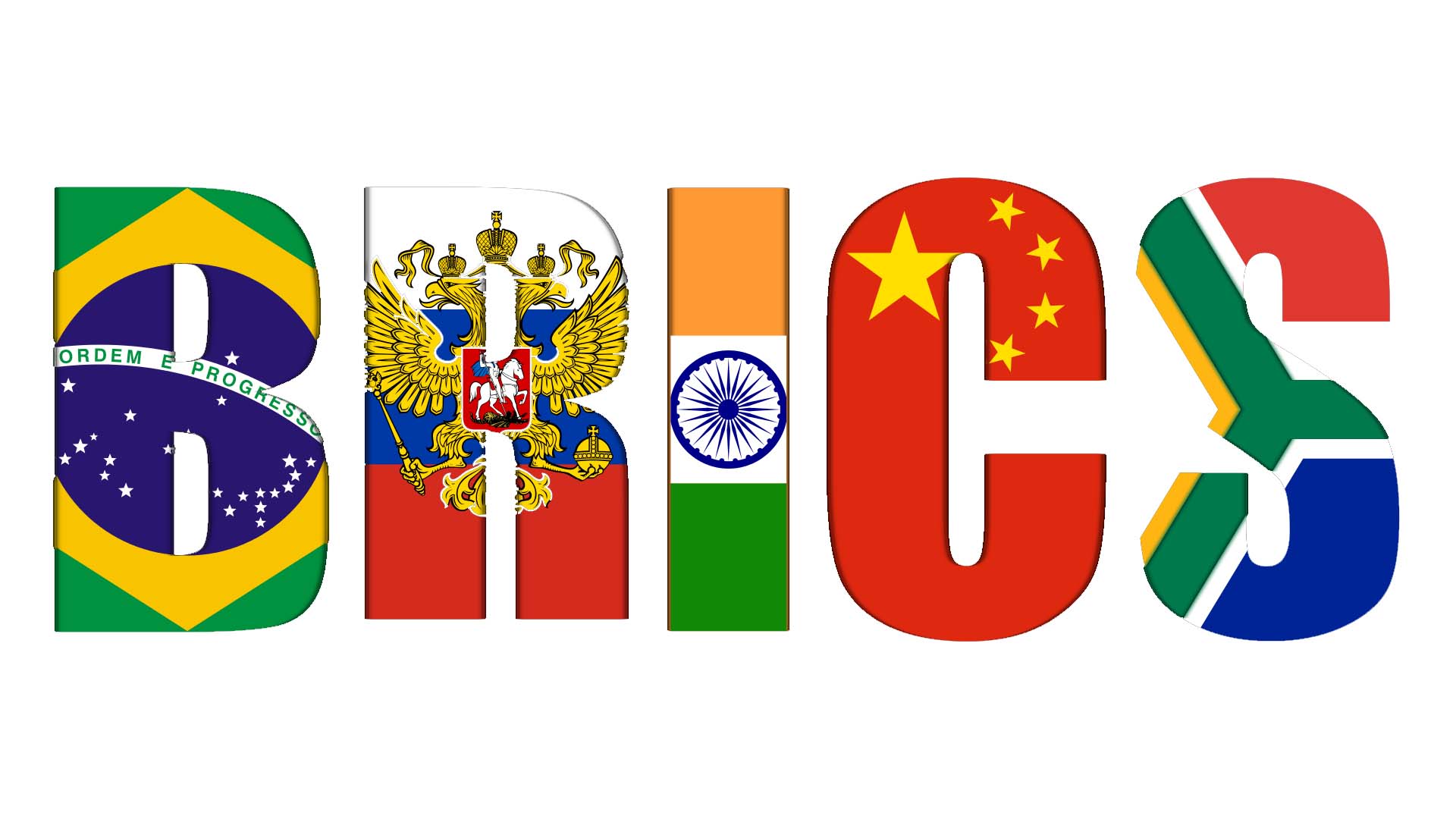BRICS: Rising Influence Amid Global Economic Shifts
The BRICS summit in Kazan highlighted its growing influence despite currently lacking the power to rival the IMF or the U.S. dollar. Leaders, including Russia's Vladimir Putin and UN's Antonio Guterres, attended, showcasing BRICS as an emerging global force against Western economic dominance, despite existing challenges.

This week's BRICS summit in Kazan underscored the bloc's growing influence in the global economic landscape, despite its current struggle to rival entities like the IMF or alter U.S. dollar dominance. The presence of leaders such as Russia's Vladimir Putin and the UN's Antonio Guterres signified the group's diplomatic weight.
The gathering, seen as a counter-narrative to Russia's supposed isolation, marked a significant moment as India and China utilized the platform to foster bilateral relations. "They (Western capitals) are not getting the importance of this thing," remarked Alicia Garcia-Herrero from the Bruegel economic think tank.
Despite mixed results since its inception, the BRICS forum is attracting nations seeking alternatives to the Western-dominated financial order. With over 30 countries applying to join, as per Putin, BRICS signals a shift in the geopolitical landscape, providing members a cushion against potential Western sanctions.
(With inputs from agencies.)
ALSO READ
Egypt Prepares for Critical IMF Review Amid Economic Adjustments
Putin Calls for Fair World Order Amid Sanctions Dispute
Sri Lanka's NPP Government Reverses Key IMF Bailout Policy
India Strengthens Diplomatic Ties with Russia: New Ambassador Presents Credentials to Putin
Putin's Praise: Trump Returns to the White House










